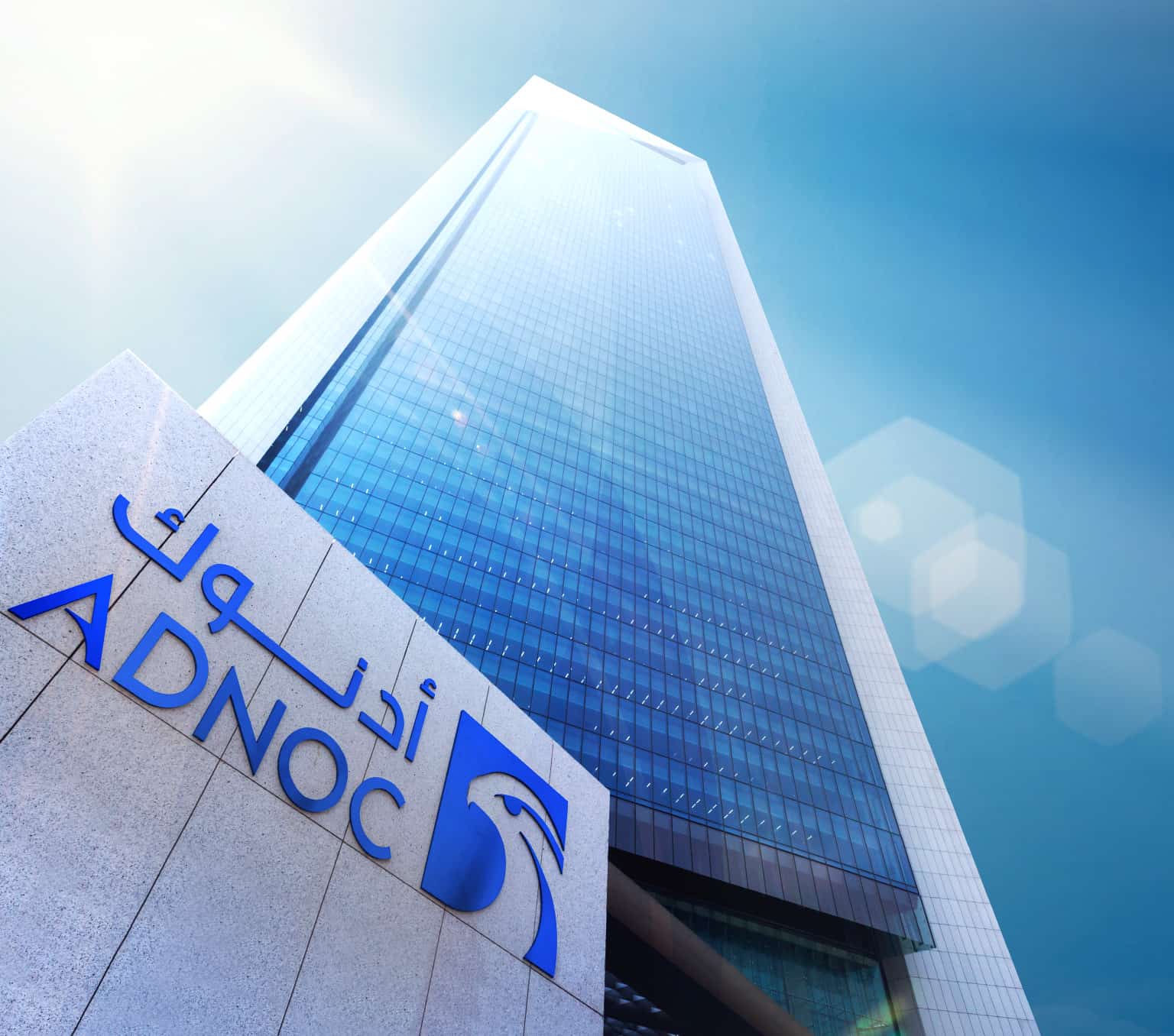Tokyo, Japan–Abu Dhabi National Oil Company has signed two agreements with Japanese partners to strengthen the low-carbon hydrogen value chain between the UAE and Japan.
The signing of the deal was witnessed by the UAE’s Minister of Industry and Advanced Technology Sultan Al Jaber and Japan’s Minister of Economy, Trade and Industry NISHIMURA Yasutoshi.
The agreements were signed by ADNOC’s Hanan Balalaa, SVP, New Energies and CCUS, and several of its partners in Sapporo, Japan, and aim to build on the deep-rooted energy relationship between the two countries while advancing practical solutions to help meet growing global demand for clean fuels.
As an early mover in developing global markets for hydrogen and its carrier fuels such as ammonia, ADNOC’s latest strategic agreements demonstrate its commitment to working with customers to decarbonize the energy system.
One of the agreements, with Kawasaki, aims to explore the production, liquefaction, and transportation of hydrogen to key global markets.
The second agreement, with the Japan Organization for Metals and Energy Security, Mitsui, INPEX, and the Clean Fuel Ammonia Association, aims to confirm clean certification for ADNOC’s low-carbon ammonia projects.
Both energy sources emit no carbon dioxide and will play a key role in decarbonizing hard-to-abate sectors.
The agreements come as countries around the world ramp up efforts to reduce carbon emissions and meet the goals of the Paris climate agreement.
Both Japan and the UAE are striving to achieve net-zero emissions by 2050, rendering these pacts all the more significant in the context of achieving global decarbonization.








